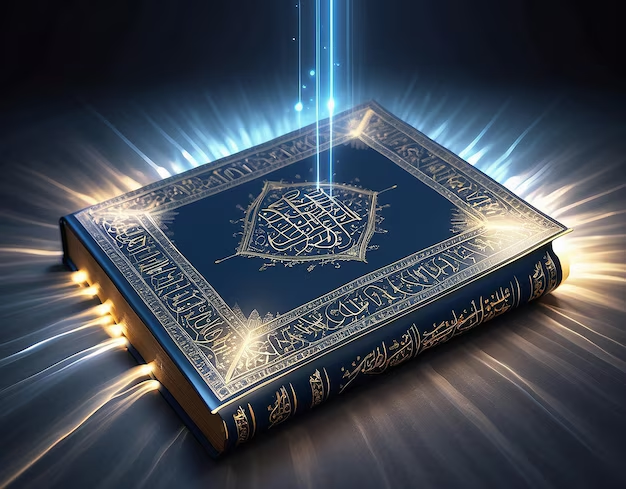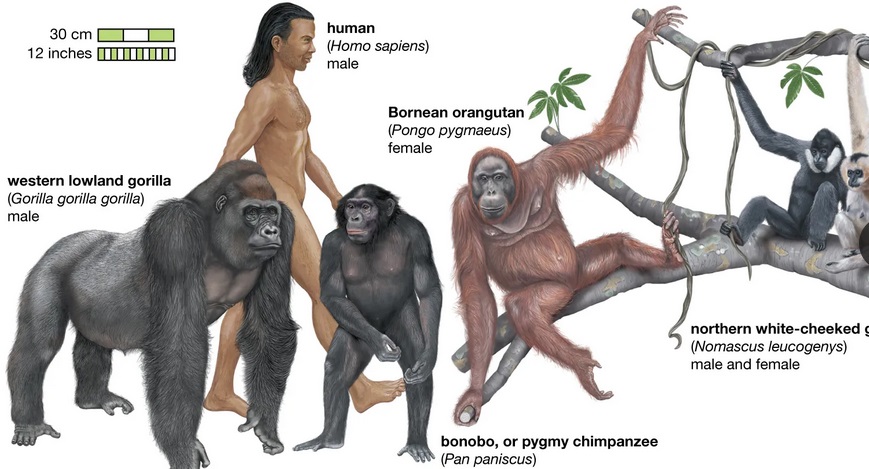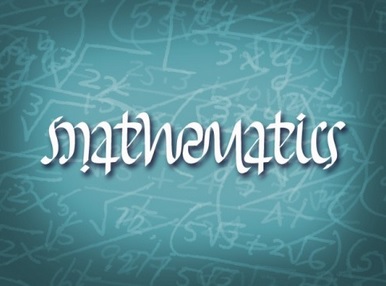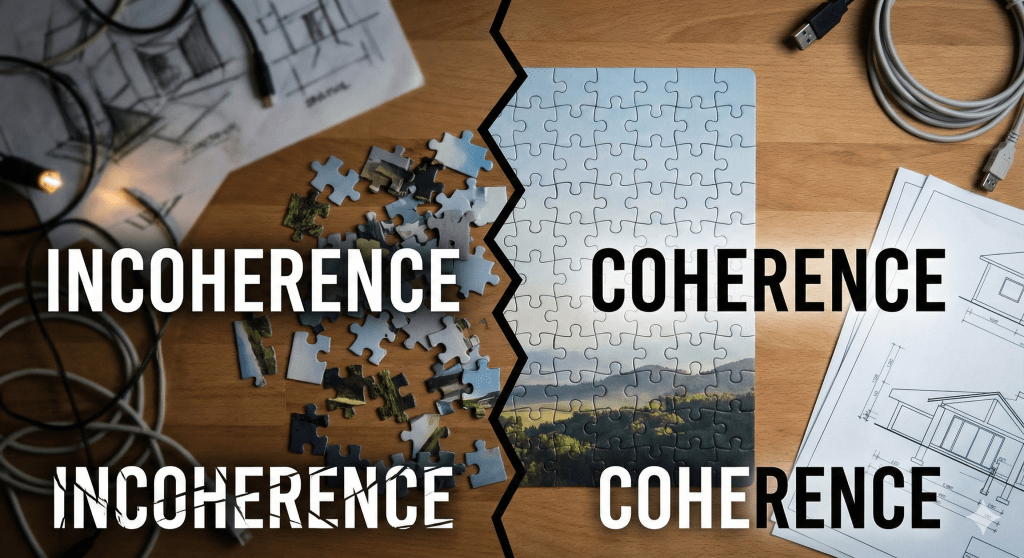Epigraph
Say, ‘O People of the Book! come to a word common between us and you — that we worship none but Allah, and that we associate no partner with Him, and that some of us take not others for Lords beside Allah.’ But if they turn away, then say, ‘Bear witness that we have submitted to God.’ (Al Quran 3:64)
Written and collected by Zia H Shah MD, the Chief Editor of the Muslim Times
This is to set a very big stage. A peaceful and a real dialogue between 2.1 billion Christians, 1.8 billion Muslims and 15 million Jews to resolve the Abrahamic family feud, which started after the birth of the two brothers, Ishmael and Isaac, some 17 years apart, some 3800 years ago.
By writing this article, I want to more clearly define the dialogue between the believing Jews, the Christians and the Muslims and the philosophers, who may have lesser commitment to dogma or doctrine that are exclusive to each of these Abrahamic faiths.
There are ten thousand professors of philosophy in USA. Majority of them are agnostics or atheists but many of them are believing Christians. So, no wonder they try to rationalize the Christian dogma. This in my view gave rise to the field of Analytical Theology.
In the above short video, Sarah Coakley clearly states that Analytical Theology is not a club, rather a movement. Among their tasks is to remove the paradoxicality or incoherence of some of the Christian dogma, like Incarnation of Jesus. May I invite all of them to a bigger circle that will include theology of Islam as well. In so doing they may be easily able to shed dogma that are not common between Islam, Judaism and Christianity. By learning from each other we can easily discard Incarnation, Resurrection of Jesus, Original Sin, Eucharist and more. From the territory of Judaism, we will get rid of the exclusive club of many of them and come to the largest possible circle of love with all the Abrahamic faiths and more. Similarly, applying the rigorous model of of Analytic Theology will clean up a lot of mess among the Muslims, the most dramatic and consequential being the sectarian divide among them.
With such pluralistic goals one can learn a little more about Analytical Theology and Robert Lawrence Kuhn’s interest in it:

Practitioners of Analytical Theology
Given the duality in theology and philosophy, nothing prevents philosophers with theological skills or theologians with philosophical training from carrying out AT. Some of the best work resourced by analytic theologians come from philosophers, including nearly all of the past presidents of the Society of Christian Philosophers. AT scholars can be categorized by which artificial “generation” in which they published their work, which is primarily demarcated by decade:
- First generation (1960s and 1970s): Basil Mitchell, Nicholas Wolterstorff, George Mavrodes, Alvin Plantinga, William Alston, Richard Swinburne, and David Brown[citation needed]
- Second generation (1980s): Plantinga, Wolterstorff, Swinburne, William Hasker, Thomas Flint, Linda Zagzebski, Eleonore Stump, Thomas Morris, James P. Moreland, William Lane Craig, and William J. Abraham.
- Third generation (1990s and 2000s): Oliver Crisp, Michael Rea, Thomas McCall, Trent Doughtery, Brian Leftow, Sarah Coakley, etc.
- Fourth generation (2010-): Tim Pawl, Jonathan C. Rutledge, Joshua Cockayne, J. T. Turner, James Arcadi, Jordan Wessling, Aku Visala, R. T. Mullins, Kevin Hector, R. C. Kunst, etc.
Epilogue
By just allowing possible truth of Islam the philosophers may be able to carve out a more fertile area for their imagination rather than an unnecessary obsession with some of the past mistakes of medieval times like Trinity, Incarnation or Eucharist. I am equally open to them clearing up many of the areas of Muslims’ mess, for example belief in a physical Mirage or physical travel to heaven of the prophet Muhammad, may peace be on him, during his 23 years of ministry.
With this in mind I will just share a few quotes by well known writers coming from the Western Christian background:
“As often as we approach the Quran, it always proves repulsive anew; gradually, however, it attracts, it astonishes, and, in the end forces admiration.” ― Johann Wolfgang von Goethe
“If we could view Muhammad as we do any other important historical figure we would surely consider him to be one of the greatest geniuses the world has known.” ― Karen Armstrong, from her first biography of the Prophet
“It is a great shame for anyone to listen to the accusation that Islam is a lie and that Muhammad was a fabricator and a deceiver. We saw that he remained steadfast upon his principles, with firm determination; kind and generous, compassionate, pious, virtuous, with real manhood, hardworking and sincere. Besides all these qualities, he was lenient with others, tolerant, kind, cheerful and praiseworthy and perhaps he would joke and tease his companions. He was just, truthful, smart, pure, magnanimous and present-minded; his face was radiant as if he had lights within him to illuminate the darkest of nights; he was a great man by nature who was not educated in a school nor nurtured by a teacher as he was not in need of any of this.”
― Thomas Carlyle, On Heroes, Hero Worship and the Heroic in History
“His readiness to undergo persecutions for his beliefs, the high moral character of the men who believed in him and looked up to him as leader, and the greatness of his ultimate achievement – all argue his fundamental integrity. To suppose Muhammad an impostor raises more problems than it solves. Moreover, none of the great figures of history is so poorly appreciated in the West as Muhammad.”
― William Montgomery Watt, Muhammad at Mecca
“A few passages, like the oases in the deserts of Arabia, stand out as truly beautiful both in their setting and in their thought. Take the first chapter, the Fatihat:
‘In the name of God, the compassionate, the merciful. Praise be to God, Lord of all the worlds! The compassionate, the merciful! King on the Day of Judgment! Thee do we worship, and to thee do we cry for help! Guide then us in the right way! The path of those to whom thou art gracious! Not of those with whom thou art angered, nor of those who go astray.’
The celebrated throne verse in Chap. II., 255, is as follows: ‘God! there is no God but he; the living, the self-subsisting: neither slumber nor sleep seizeth him; to him belongeth whatsoever is in heaven and on earth. Who is he that can intercede with him, but through his good pleasure? He knoweth that which is past, and that which is to come unto them, and they shall not comprehend anything of his knowledge, but so far as he pleaseth. His throne is extended over heaven and earth, and the preservation of both is no burden unto him. He is high, the Mighty.’
The question is often asked why a book of such singular composition should hold such sway over the millions of the Moslem world. In reply two reasons may be given: first, the beautiful rhythm, and often sweet cadences of the original language, which like some enchanting song hold multitudes with rapt attention who understand scarcely a word they hear; secondly, there is a vast amount of truth contained in the book, especially the truth of the divine unity and of man’s dependence upon God, as seen in the throne verse just now quoted.”
― Islam and Christianity in India and the Far East by Elwood Morris Wherry
Now, let me link few of our collection of articles on topics of interest to theist philosophers, to reveal what Muslim Analytic Theology could look like: Free will, consciousness, why is there something, rather than nothing and Afterlife.
I conclude by another video by Robert Lawrence Kuhn about the subject:





Leave a comment